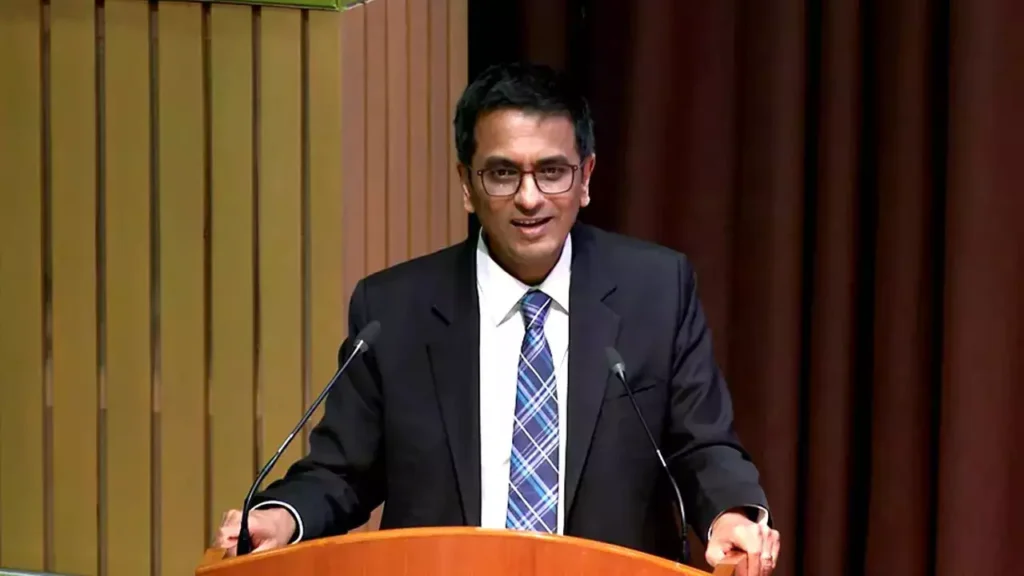
Bombay High Court: “It is disheartening that people turn to tantriks for answers”
Last Updated on March 4, 2024 by News Desk
Issue:
A 45-year-old man, posing as a tantrik, was found guilty of sexually abusing six girls with intellectual disabilities. The Bombay High Court subsequently affirmed this verdict. This story calls into question the predominance of blind faith in culture and highlights the systematic abuse of vulnerable people by self-described tantriks/babas.
Facts of the Case:
In an attempt to cure six mentally disabled girls, the accused, disguising himself as a tantrik, sexually assaulted them, according to evidence shown by the prosecution. He also reportedly defrauded the parents of the girls of a substantial amount of money, taking from them Rs 1.30 crore. The individual was charged with a felony in 2010 after filing his first information report (FIR), which resulted in his conviction by a sessions court in 2016. He was given a life sentence.
Arguments Presented by Parties:
The high court upheld the verdict and punishment after the accused initiated an appeal against the sessions court’s decision. The defense appeared to be arguing for mercy, but the court emphasized the seriousness of the offenses committed and rejected this argument. Conversely, the prosecution emphasized the heinousness of the acts and the substantial proof bolstering the accusations.
Judgment Delivered by Court:
The division bench described the matter as a “bizarre case of blind faith.” The court conveyed its dismay at the number of people who turn to so-called tantriks/babas for help and the exploitation that follows. The court highlighted that the accused’s acts did not deserve mercy, upholding the life sentence. It emphasized the seriousness of the offenses committed, pointing out the victims’ vulnerability and the copious evidence the prosecution had to offer.
The court’s judgment denounced the exploitation of weaker people and emphasized the necessity of addressing the social issues that contribute to these kinds of incidents. The ruling acts as an awareness of the risks associated with blind trust and the legal system’s obligation to shield the weak against abuse.
WRITTEN BY: NIKITA SHANKAR @nikitaashankar




